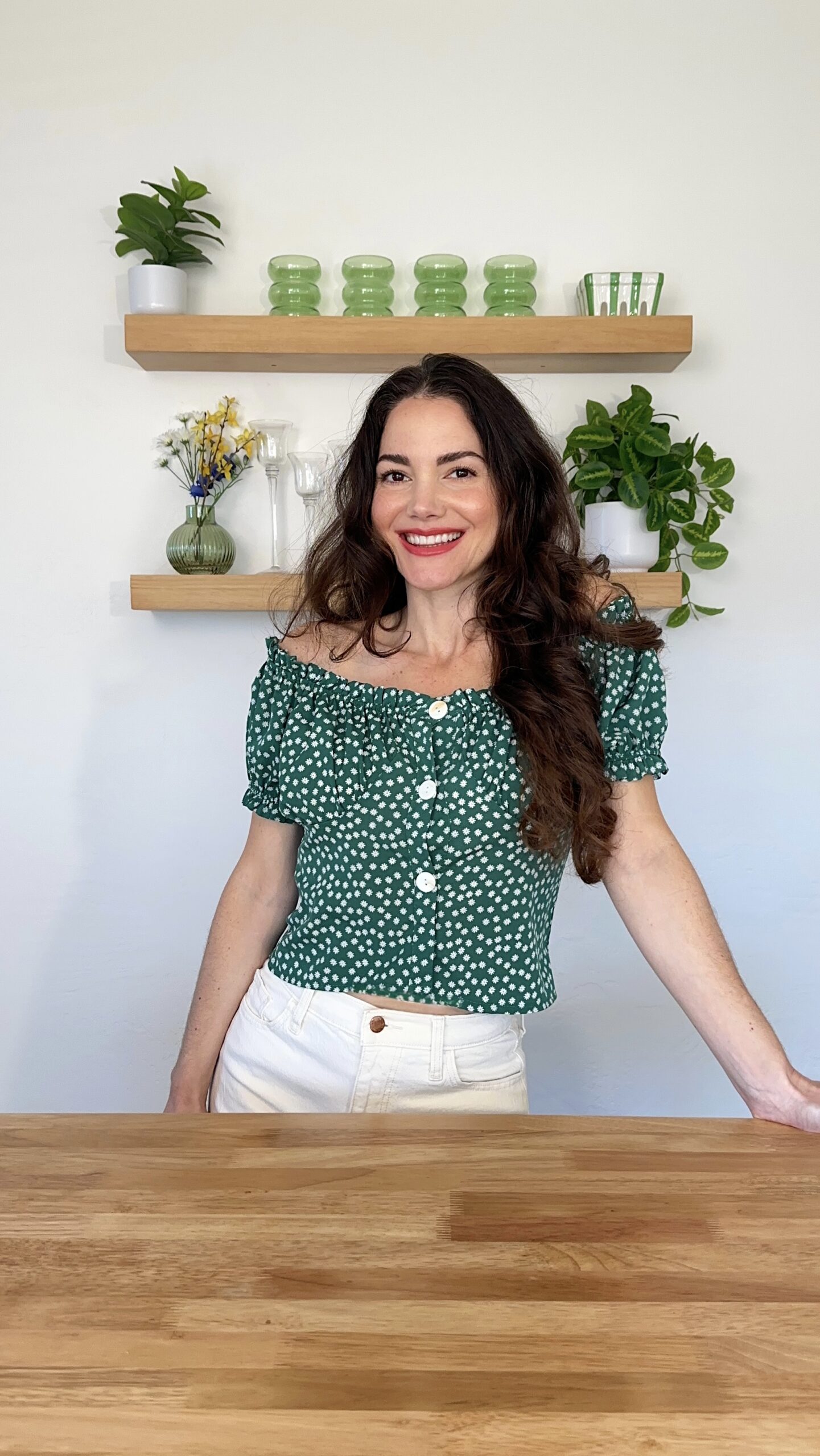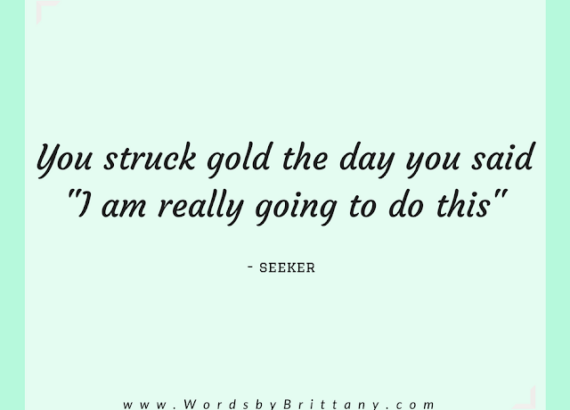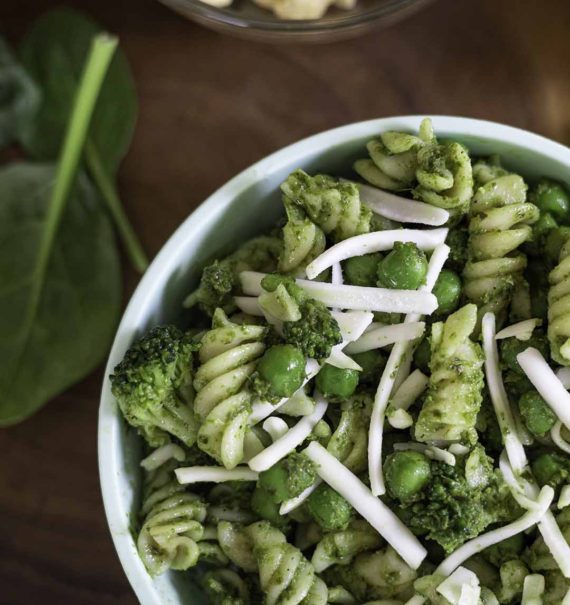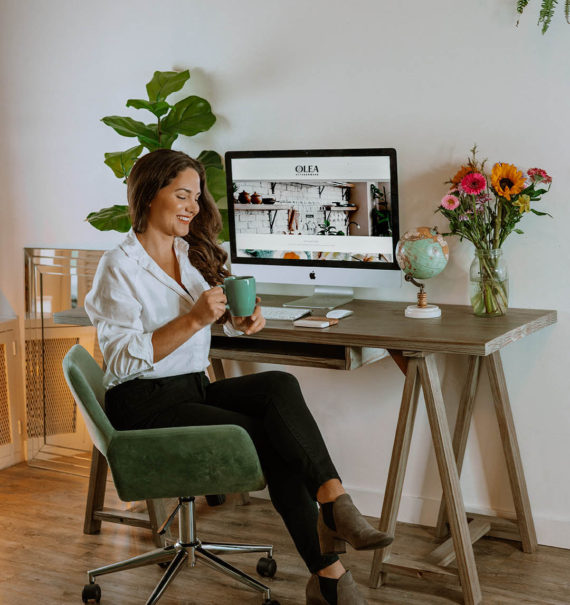Why You Should Use Your Intuition

You know those moments where something happens and you seem to know exactly what to do, but you have no idea how?
Meet your intuition. Intuition can feel like a sixth sense, and really, it should. As the human brain evolved part of our memory developed to allow us to respond to situations without much methodical thinking. Since this allows us to make quick decisions it has been evolutionarily advantageous.
I remember a morning five years ago where everything seemed to go wrong, and my intuition, in a way, changed the course of my life.
I had recently graduated from college Pre-Med and had a “stable” job in the medical field while planning to apply to graduate school. I had been in acting courses and acting off and on since childhood which I continued throughout college, more than anything as a passionate hobby. I was signed with an agency and once I graduated college and wasn’t focused on my studies I began making the drive to LA more often, attending more auditions and getting more acting and writing work. This eventually began interfering with my job so one day I made the big decision thousands of others do every year – to move to Los Angeles. I have always been very logical and a career in medicine was stable. I was terrified of making a big mistake leaving my job, forgetting about grad school, and moving to a big city to pursue a dream. The transition was stressful, and many days I questioned my choice.
Flashforward to a year living in LA I was invited to a very exciting meeting. The morning of the meeting in typical LA fashion there happened to be an accident on my route – and Waze wasn’t helping anyone. After sitting in my anxiety, and bumper-to-bumper traffic for an hour, I finally arrived. Only then noticing I had spilled coffee down the front of my white shirt 😑
Winded and nervous I made it to the 4th floor, the room was empty. Everyone had left; I missed the meeting. Defeated, I walked back to my car to see a parking ticket sitting on the windshield. Then sat in traffic another hour before arriving back home. Gotta’ love Los Angeles. Am I right…?
After months of hard work to get this meeting, just a few hours that day made me seriously consider giving up and going back to my former life. Had I made the right choice quitting my job and moving?
This day made me start thinking about a big picture question- how do any of us really know if we’re making the right life choices?

I have always been an over-thinker, a want to pull my hair out over-thinker. When I finally got home I logged onto Facebook to get my mind off overthinking and the first post in my newsfeed was an article titled “Overthinking is Killing You.”
Staring at my computer screen…..”coincidence?” (I unintentionally whispered to myself out loud.)
I just sat there perplexed staring at the title “Overthinking is Killing You.”
When it really came down to it, I knew I had made the right decision leaving my job to pursue the entrepreneurial career deep down I truly wanted. Yet, I continued to ruminate. When making decisions in life should we trust our intuition, and if so, why can it be so difficult?
We can all assume methodical deliberation is the best option when it comes to making an important decision. Yet surprisingly, many research studies have shown that our “gut instinct,” seems to “know what’s right” long before our systematic brain does.
Our brain’s long-term memory stores information using two systems that affect our behavior.
Implicit and explicit memory. Implicit memory is unconscious. It’s wired to work quickly by storing our surroundings and experiences that we don’t consciously try to remember. Riding a bike, driving a car, that annoying pop song you heard on the radio that’s been stuck in your head for weeks. Intuition or a “gut feeling” comes from your implicit memory. Your intuition can feel like a sixth sense and sometimes presents as a stomachache, rapid heartbeat, or other physical response. We have ALL been there.
Explicit memory is used to make decisions based on attentive, analytical reasoning constructed from past experiences and knowledge. Recalling a phone number, discussing a topic, laughing about that time you waved back to someone who wasn’t waving at you.
Many studies have been conducted that show why we should use our intuition.
Let’s take a look at some of the evidence.
Buying a new car. A study compared car buyers who had:
A. Sufficient time to analyze information about different cars before choosing which to purchase.
B. Car buyers who made a quick choice without thorough consideration.
After purchase, the analytic car buyers were satisfied with their purchase only 25% of the time, while the car buyers who made an intuitive decision were satisfied with their purchase 60% of the time.😱
Another interesting study displayed intuition as people’s ability to predict the future. Yes…seriously. People just like you and I predicted the future without even knowing it. Participants were instructed to look at a computer screen that had two “curtains” and had to guess if a picture was behind Curtain #1 or Curtain #2. The subject’s physiological responses were measured (palms sweating, heart rate, etc). Researchers found that when the participants chose the correct curtain their palms would sweat before it was revealed it was the correct choice. What’s interesting is this physiological reaction occurred 2-3 seconds before the computer had even determined which curtain the picture was going to be behind.
In another study, participants were presented with images. While viewing half the images they were instructed to pay attention and remember them. While viewing the other half they were intentionally distracted. They were then shown all the images again and asked to recall which ones they had seen before. Surprisingly, they remembered more pictures they saw while distracted. Not thinking about the images actually made them more likely to remember them.
Lastly, a differing study found when both amateur and expert chess players took time to choose their next move, rather than choosing quickly, they choose the stronger move. This showed that with more difficult unfamiliar territory experts seem to have intuitive skills they use as a base, then deliberate to make the best choice. “While experts clearly showed an early advantage they consistently relied on a deliberate search to attain dramatic improvements in the quality of their move.” Therefore, when making advanced rather than initial decisions, they used both implicit and explicit memory to make the best choice.
So…what can we learn from all of this?
In childhood we are taught to think thoroughly to make wise decisions, leaving little concentration on intuition. This is likely a good thing…but while it’s important we are responsible in our decision-making, maybe we shouldn’t only rely on analytical reasoning. To make the best life choices, it may be best to use both. There’s just one problem….we suck at using our intuition. But don’t worry, this isn’t our fault.
We need to learn how to better utilize intuition.
Implicit memory (where we tap into intuition) evolved when we had to run from predators, hunt for food, and google searches didn’t exist. Since most of us now live in air-conditioned, wifi-equipped environments, we don’t need to use our intuition as often. Therefore, we don’t always recognize it.
To tap into our intuition we need to be aware of our initial thoughts and physiological reactions. A gut feeling, sweaty palms, stomachache, or rapid heartbeat may just be our intuition trying to get our attention. Intuition can be very subtle, so much so that we often overlook it.
If we gain awareness of our intuition we may be able to unlock a powerful system that’s evolved within each of us. There is something to be said for the last line of that article I stumbled across on Facebook 5 years ago. “You should stop overthinking everything so much because you probably already know the answer.














